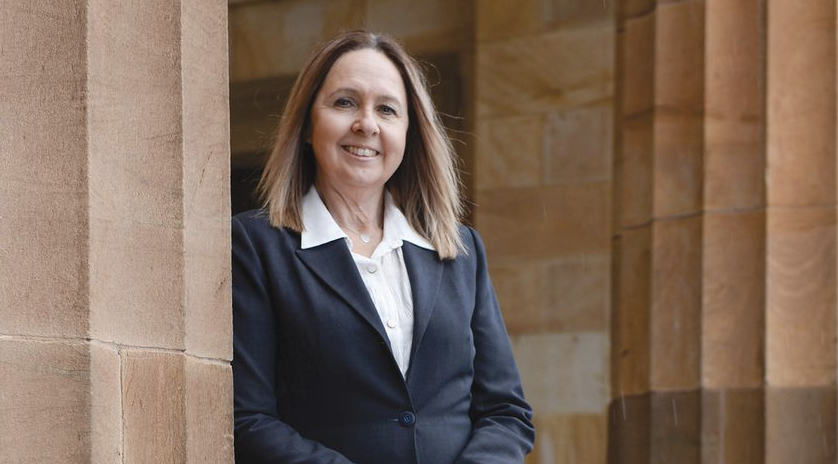
Professor Robyn Young is working to stop autistic people from slipping through the justice system cracks.
An interaction with the police and the criminal courtsystem is stressful for anyone but imagine how much more terrifying it must be for autistic people – struggling to both understand and make themselves understood, in a whirlwind of bewildering mixed messages.
For the lucky ones, Professor Robyn Young, a psychologist at Flinders University’s College of Education, Psychology and Social Work, is on hand to help navigate the hazards. But for the rest, all too often they are left on their own to suffer some terrible outcomes.
‘It’s a huge and consuming problem,’ says Professor Young. ‘When people do not behave as they are expected to, they are often judged more harshly.’
Professor Young’s interest in autism began while studying savants as part of her PhD in Savant Syndrome – work which became the subject of the ABC documentary Uncommon Genius, which first aired in 2000.
In 2007 she developed ADEC, an Autistic Disorder screening tool for children as young as 12 months old, which continues to be used as a key tool in diagnosing autism.
UNWITTINGLY INVOLVED IN CRIME
Around 2009 Professor Young became interested in the issues surrounding autistic people becoming unwittingly involved in crime when she was invited to counsel a woman who was charged with the murder of her unborn child.
‘I was asked to see if autism might have explained some of the difficulties that she was having interacting in the criminal judicial system,’ says Professor Young.
After that experience, defence lawyers started to invite her to explain to juries why a person with autism might behave in a way that was inconsistent with expectations, such as not showing remorse.
Talking too much, talking at cross-purposes or, as in one case Professor Young worked on, smirking while giving evidence are also traps for people with autism to be misunderstood.
Professor Young now consults with lawyers and appears in court to provide insights into the world as experienced by autistic people.
COERCED INTO CRIMINAL ACTIVITY
Often lacking in peers or friendships, or missing the intent of the other person, Professor Young notes that her clients may be more vulnerable to being coerced into illegal activity.
Witnessing the difficult legal situations her clients have found themselves in has led Professor Young to investigate the vulnerability of autistic people – and while she says it can happen anywhere, the internet is a minefield.
‘The large majority of people that I see in the legal system have been engaged in internet activities. Some of them have searched pornography and then stumbled across sites where the people depicted were underage, and that’s caused them to get into trouble.
‘I’ve had three or four clients who have come to the interest of the police because of their search history, and then been targeted by undercover police officers who have posed online as 14-year-old children.’
EDUCATION ON LEGAL RIGHTS
While Professor Young knows that not all autistic people caught in the system are innocent, she says their condition can cause confusion as to what is legal and not legal, and in this situation education is vital.
‘It’s so important to educate autistic people on wrongful behaviour. And for them to understand what to do if they are arrested – to understand their rights,’ she says. ‘Often they haven’t even understood what is actually going on.’
Education is also needed for police and the courts, although some progress has been made.
‘I watched the interview of a young man recently who had an autistic meltdown and assaulted someone. The police were fantastic in that situation, they were clearly aware that the man had an issue, and constantly told him he might want to call a lawyer, until he finally thought, oh, maybe I should.’
THE NEED FOR TRAINING
Professor Young is very aware that people with her training, and who are available to intervene in the criminal process, are few and far between. Asked what she would advocate to address the problem if money were no object – she says training.
‘I’m not suggesting there’s an easy solution,’ she says. ‘But certainly, getting a lot more people trained would help.
‘Training police officers, training the court, training the public and training autistic people on what might be intuitive to you and me just in terms of the wrongfulness of some behaviour, are all important.
‘But autistic people also need the skills and a support network, to extricate themselves once they feel like they’re in a situation that they don’t understand.’

